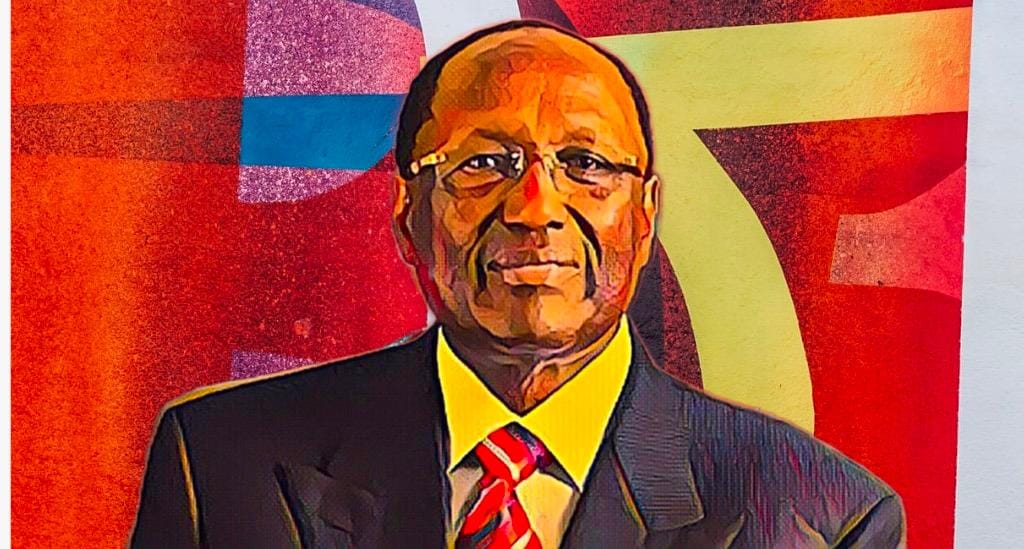Centum, controlled by heirs of late Kenyan tycoon Chris Kirubi, settles $17.8-million debt

Centum Investment, Kenya’s largest listed investment firm owned partly by Robert Kirubi and Mary-Ann Musangi, heirs to the late Kenyan tycoon Chris Kirubi’s multimillion-dollar business empire, has settled a Ksh2.3-billion ($17.8 million) debt using internally generated cash.
The move follows an unsuccessful attempt to secure funding by selling its 83.4-percent stake in Sidian Bank to Access Bank, a leading Nigerian financial institution controlled by Herbert Wigwe, a wealthy banker and businessman.
Centum CEO James Mworia revealed that the $17.8-million debt was repaid using internally generated funds sourced from land sales and loan repayments made by the company’s subsidiaries.
“We retired the debt using alternative sources. We used proceeds from land sales by our portfolio companies and subsequent repayment of shareholder loans to Centum,” Mworia said.
He also noted that the company is still searching for a buyer for its 83.4-percent stake in Sidian Bank, whose growth was hampered by the COVID-19 pandemic and the introduction of interest rate controls in September 2016.
Centum Investment is Kenya’s largest publicly traded investment firm. \The East African-focused firm invests in real estate and private equity assets in the consumer goods, financial, agribusiness, and power sectors.
Chris Kirubi, a leading Kenyan tycoon and serial investor who passed away in 2021 at the age of 80, owned a significant 31-percent stake in Centum Investments, which is now held by his son, Robert Kirubi, and daughter, Mary-Ann Musangi, who inherited 80 percent of his fortune, including stakes in KCB Group, Haco Industries, Bendor Estate Limited, and other businesses.
Despite Centum’s persistent efforts to restructure its balance sheets and minimize interest payments on its debt, the company’s financial performance has yet to recover since the passing of Kirubi.
Due to declining revenues and increasing finance costs, the company recorded a net loss of Ksh1.55 billion ($12.6 million) at the end of the first half of its 2023 fiscal year, with the primary contributor being unrealized foreign exchange losses.
In March of last year, Centum’s borrowings were Ksh4.1 billion ($31.8 million), a significant decrease from Ksh16.2 billion ($125.8 million) in March 2019. It now aims to eliminate all parent company-level debt by March 2024 and has proactively begun repaying its dollar-denominated loans to minimize the impact of weak Kenya shilling on its earnings.